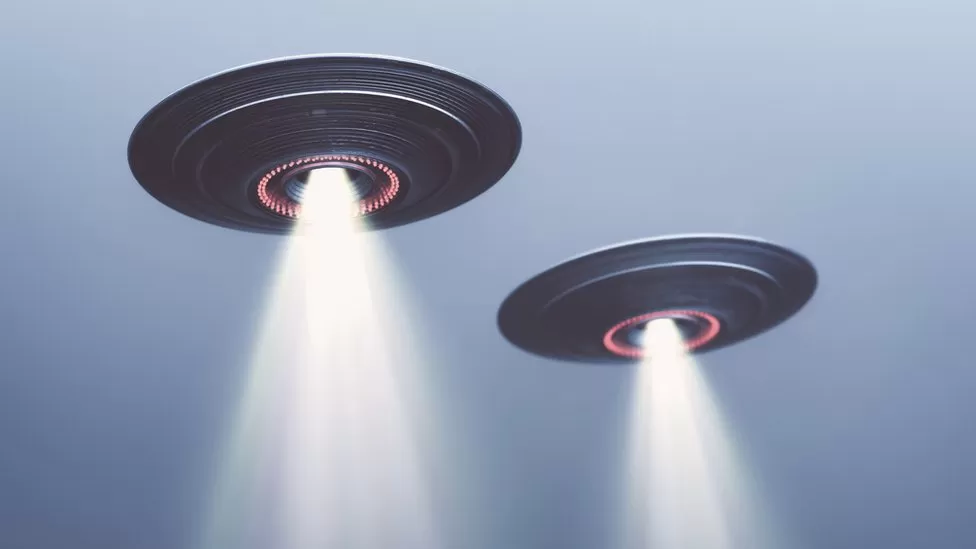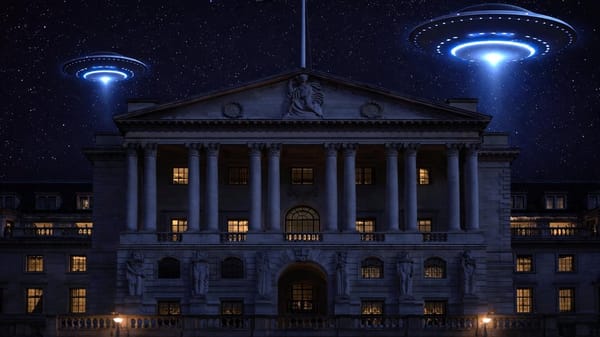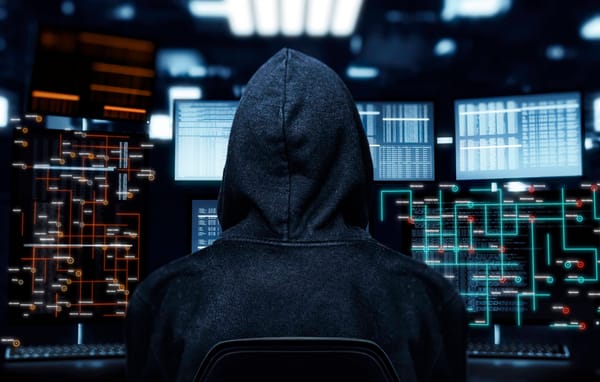NASA emphasizes the necessity of increased scientific research and reduced stigma for a deeper understanding of UFOs

According to NASA's latest report, if we want to do some serious UFO investigation, we're going to have to come up with some fresh scientific tricks and tweak our cultural view of UFOs.
In a significant development, NASA has unveiled its research findings following a comprehensive year-long investigation into the realm of UFOs and UFO science. Notably, during this period, certain officials staunchly supported the decision to delve into this often polarizing and contentious subject matter.
"We are not shying away from reputational risk," NASA’s science mission chief Thomas Zurbuchen said at the time. "Our strong belief is that the biggest challenge of these phenomena is that it’s a data-poor field."
To begin with, the report concluded that there was no evidence suggesting that any UFOs, or as they are presently referred to, UAPs (Unidentified Anomalous Phenomena), originated from sources beyond Earth.
The report highlighted that the prevailing conspiracy-laden stigma associated with UFO sightings poses a significant obstacle to conducting more rigorous research in this field.
The currently available unclassified records are insufficient in quality to provide the basis for scientific conclusions. The majority of sightings can be attributed to either crewed or uncrewed aircraft or various atmospheric weather phenomena.
While NASA is not actively engaged in the pursuit of Unidentified Anomalous Phenomena (UAPs), its resources, such as Earth-observing satellites, can play a role in elucidating the underlying causes of certain phenomena.
The report also suggested that the application of machine learning or artificial intelligence could prove beneficial in processing data to explain such occurrences.
NASA has announced the appointment of Mark McInerney as the new head of UAP research. McInerney brings with him a wealth of experience in serving as a liaison in UAP-related matters between NASA and the Department of Defense.
NASA has expressed its commitment to adopting a transparent approach in its forthcoming study and aspires to enhance the field's reputation through its active involvement.
“We want to shift the conversation about UAPs from sensationalism to science," NASA Administrator Bill Nelson said.
Thanks for visiting Our Secret House. Create your free account by signing up or log in to continue reading.





